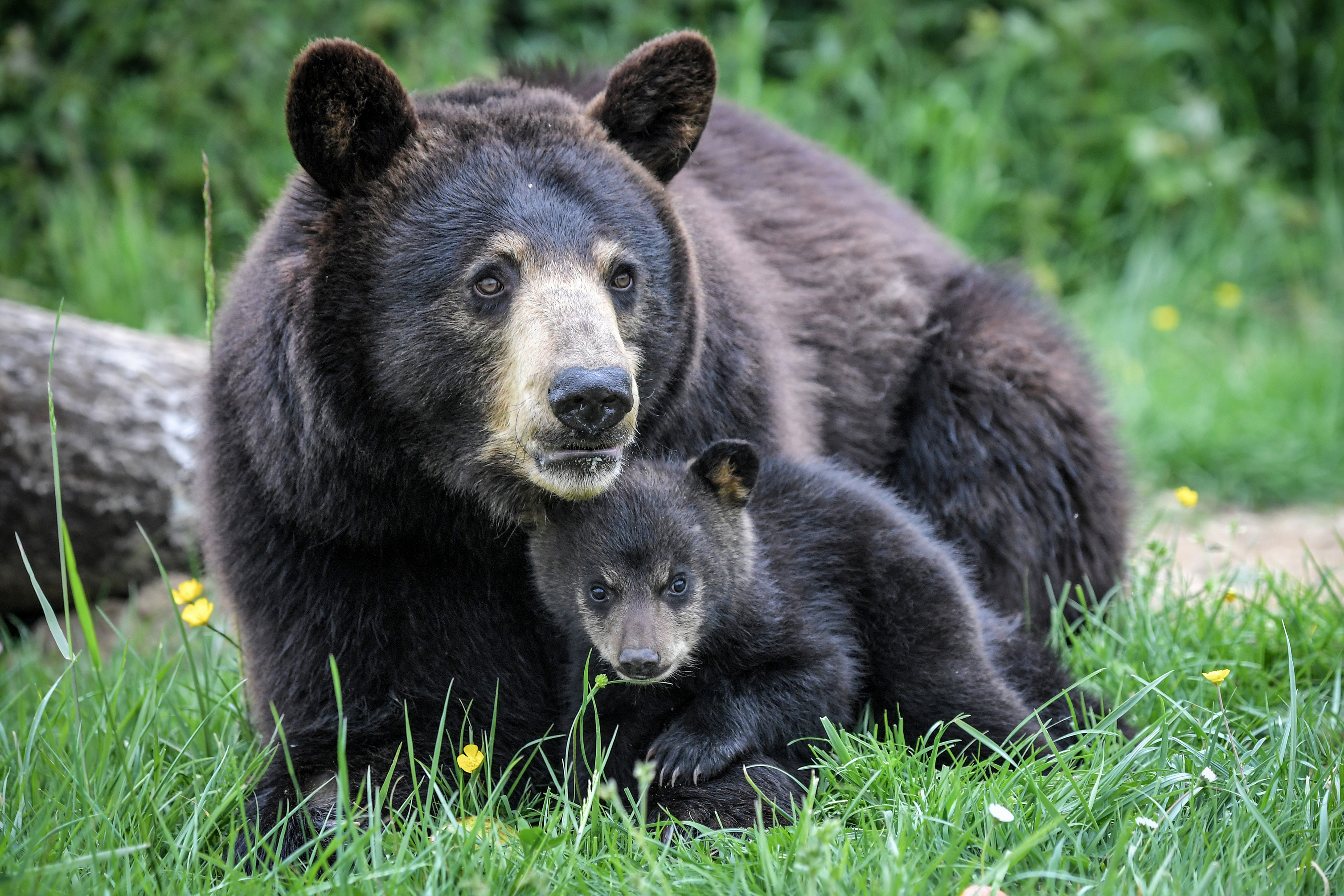This is called not knowing on what foot to dance. Shortly after the outbreak of SARS-CoV-2, and the Covid-19 epidemic that followed, China had declared the famous wet markets closed; these markets where the most exotic meats and animal products are traded, sometimes at gold prices. This closure, just like during the SARS episode in 2003, is only temporary. And it is not accompanied by a ban on the use of these same resources in Traditional Chinese Medicine (TCM).
Read also: Coronavirus: in China, Wuhan captives hesitate to come out
On March 23, the British agency EIA (Environmental Investigation Agency) revealed in an investigation that the Chinese government had included a product containing bear bile in the list of drugs prescribed to combat Covid-19. These injections, called Tan Re Qing, appear on the website of the National Health Commission - alongside other remedies from TCM, and also Western medicines.
As with humans, "bile is secreted by the bear's liver and helps digestion," analyzes a National Geographic reporter commenting on the EIA investigation. This liquid contains high levels of ursodeoxycholic acid - also known as ursodiol - which is clinically used to help dissolve gallstones and treat other liver-related diseases. " And to continue: " Ursodeoxycholic acid has been available as a synthetic drug worldwide for decades. "
The case is not new. Traditional Chinese Medicine has for centuries lent the craziest healing properties to various products from the trafficking of animal species - threatened or not. The famous pangolins, suspected of being one of the amplifying hosts of SARS-CoV-2, are not only prized for their meat, but also for their scales.
Read also: Coronavirus: the pangolin, a victim with the air of a culprit
The anecdote above all reveals the eternal ambivalence of the Chinese government when it comes to regulating the traffic in protected species. By banning (temporarily) the food consumption of these products while continuing to promote this type of remedy, China continues to fuel a demand which, for at least 20 years, has participated in the proliferation of zoonoses such as SARS-CoV -2.
Encouragement of poaching
"On the part of the consumer of these remedies, there is always a preference for those which come from wild animals rather than bred in captivity, analyzes Aron White, the EIA investigator specializing in China. So by prohibiting the use of products that come from wild populations but by legalizing that of captive breeding, we maintain pressure, demand, and this contributes to encouraging poaching. Whether used to produce meat or remedies for Traditional Chinese Medicine, animal farms in live captivity piled on top of each other and slaughtered in deplorable sanitary conditions favor the appearance of various viruses.
Tan Re Qing's injections are not the only problems on this famous list, which is still online on the Chinese government website. Also included are Angong Niuhuang Wan, a kind of ball made up of various medicinal herbs… and rhino horn powder. The models produced in China are supposed to use buffalo horn powder, but the original formula is still available on the Internet via North Korean and Laotian companies.
* On the Internet, the EIA has been accused of relaying fake news concerning this story of bear bile. This agency, one of the most renowned in the fight against crimes against wildlife, has published a demonstration with translated documents and screenshots .









